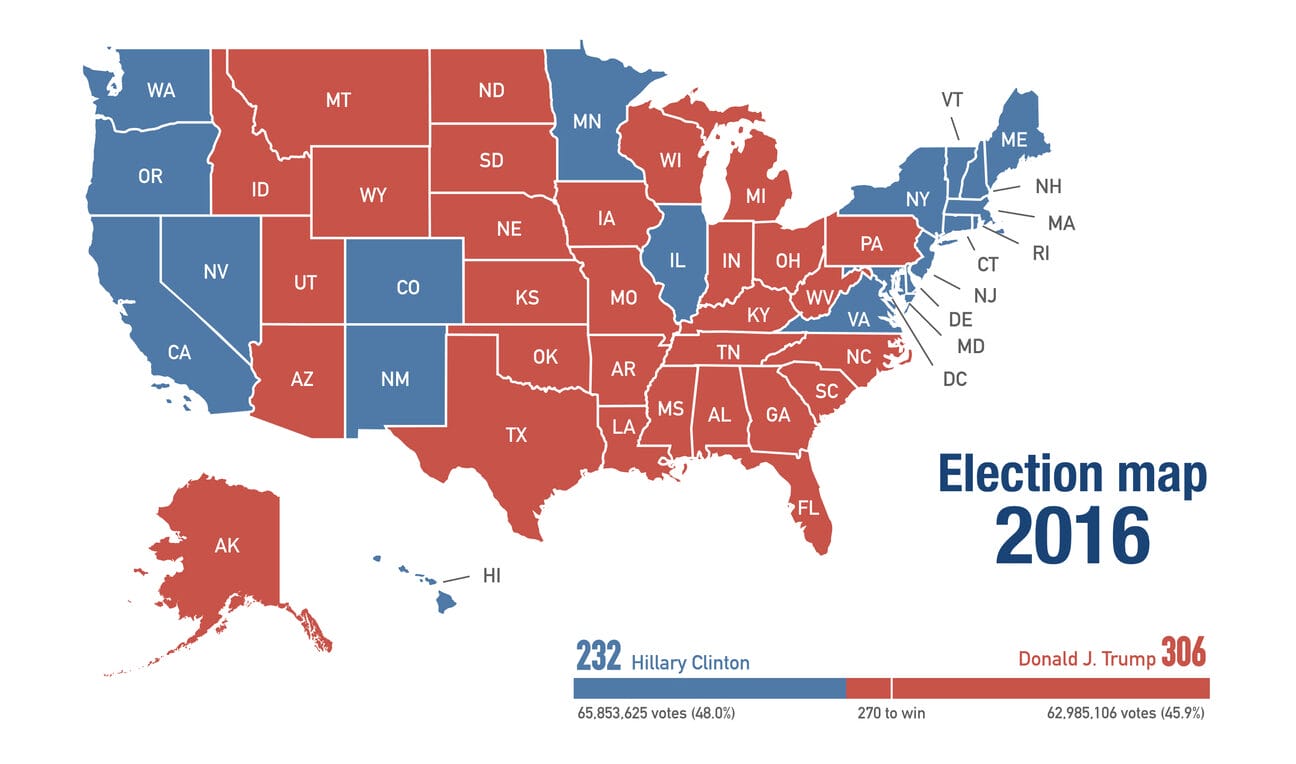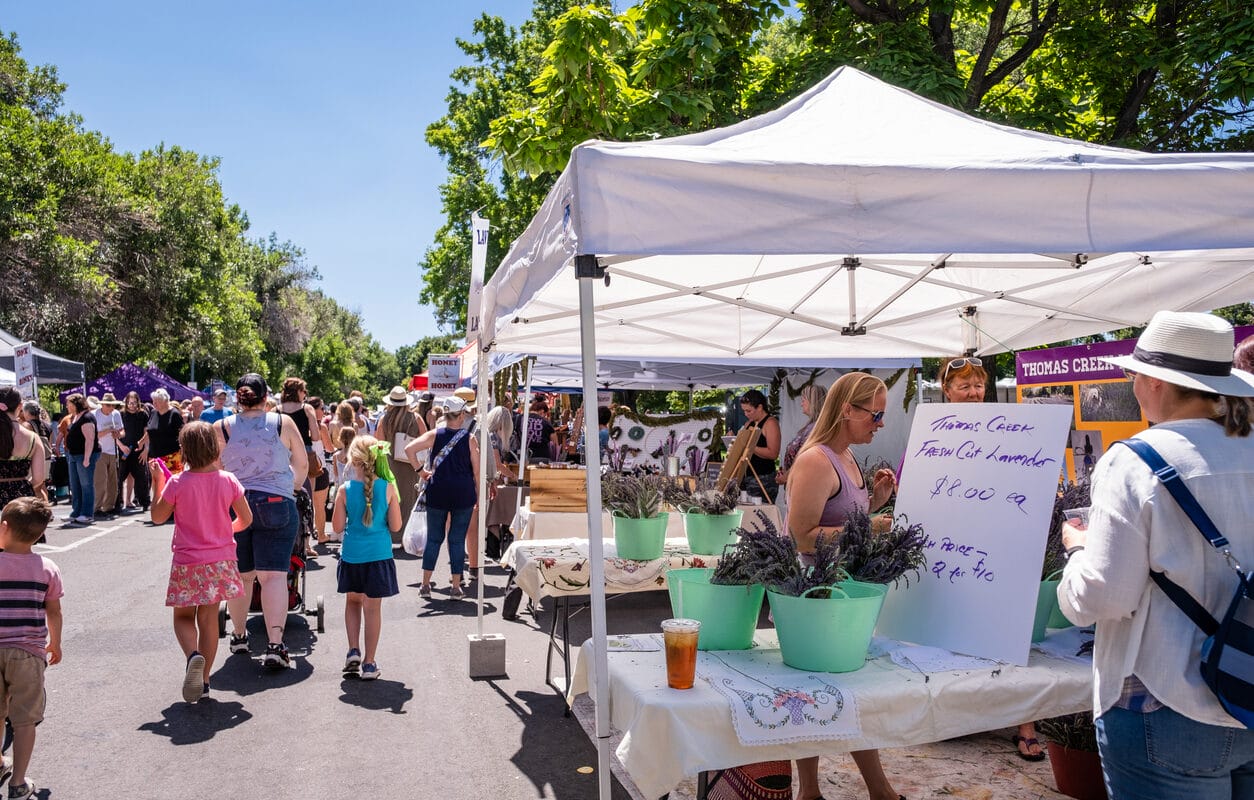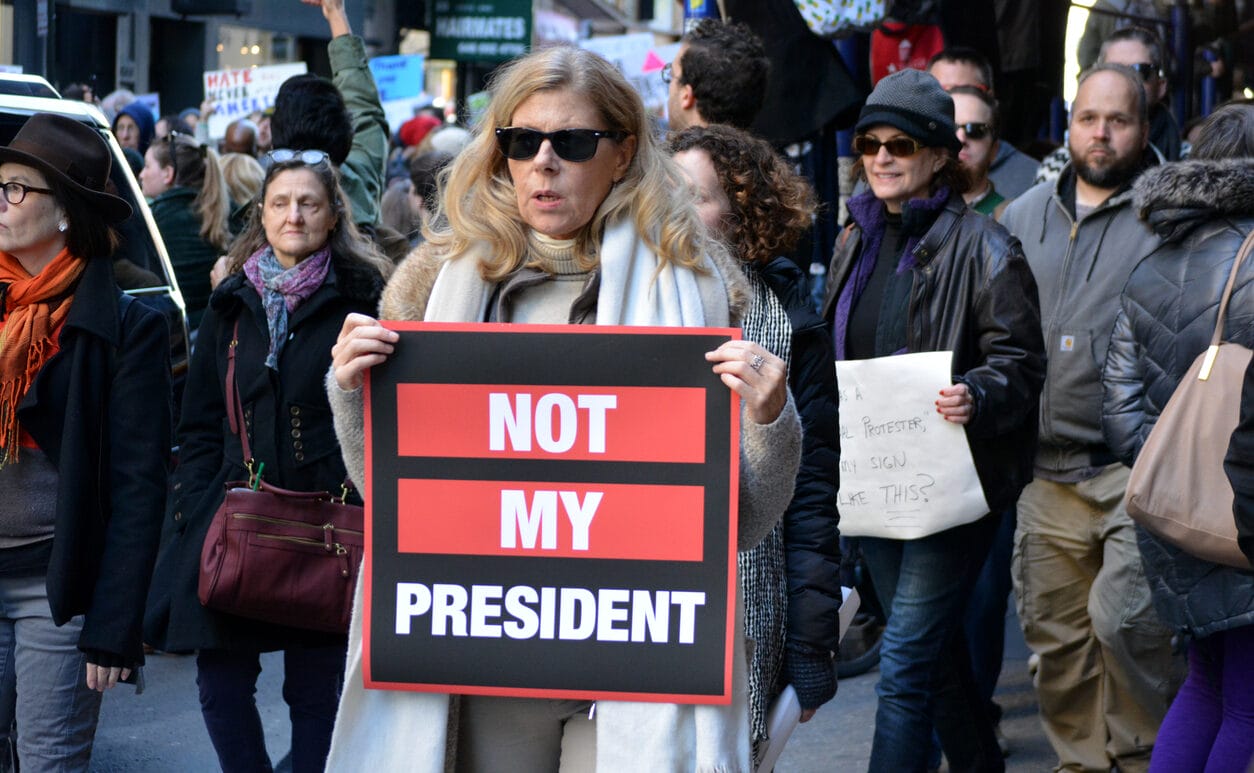John Lee Hooker for president: Ry Cooder’s modern-day Dustbowl

As we gather for our quadrennial autumnal matchup of one team against another, we again witness our political party mess, two groups demanding fealty from their followers while demonizing opponents.
Readers will recall the Santayana quote, but it seems the nation at large cannot or, at least, fails to pay heed. The cynical among us know we’re being played for suckers and saps, yet we keep seeking political solutions against our own best interests.
Whichever team rah-rahed behind by readers, it’s almost certain they can also discern the disillusion espoused by the musician and songwriter extraordinaire Ry Cooder in his Dust Bowl cycle of songs through which he casts current events in the language and musical stylings of the Great Depression. Like Bruce Springsteen’s “The Ghost of Tom Joad,” Cooder evokes John Steinbeck’s “The Grapes of Wrath” and Woody Guthrie’s hobo-socialist celebration of the Common Man.
There is no doubt Cooder veers left in his politics, but who cares when he lands knockout political punches with his magnificent guitar and a voice convincingly derived from history’s forgotten men? It may not be Three Chords and the Truth inasmuch it’s Three Chords and a Strongly Felt Opinion, but it captures the travails of a sector of the American population that feels irreparably marginalized from the American dream with lines such as:
Republicans changed the lock on heaven’s door
Keys to the kingdom don’t fit no more
The poor working man like me and you
If we ain’t got no money we won’t get through
The lyrics are from the song “If There’s a God” from the 2011 album “Pull up Some Dust and Sit Down,” so obviously, Cooder is referring to the previous two terms of a Republican president and the supply side, so-called voodoo economics associated with that party. And yet, the song sounds as if it were one of those genuine Depression-era songs unearthed by Cooder on his early classic albums, such as Cooder’s cover of Guthrie’s “Do-re-mi” on his debut 1970 album. Regardless of your economic views or partisan affiliation, it’s still good stuff, and it’s doubtful there exists a comparable musical response from the right side of the political spectrum.
Likewise, it’s incumbent upon members of the State Policy Network to refute bad economic policies wherever and whenever such policies permeate impressionable minds. But that shouldn’t stop the music fanatics among us from admiring the artistic merit of Cooder’s paeans to the disadvantaged American immigrants, racial minorities, and workers.
In 2007, Cooder released the album “My Name Is Buddy,” a song cycle revolving around the tale of the anthropomorphized Buddy Red Cat, Lefty Mouse, and Reverend Tom Toad “as they journey through time and space in the days of big labor, big bosses, farm failures, strikes, company cops, sundown towns, hobos, and trains … the America of yesteryear.” It’s a tremendous feat of artistic realization and among the great concept albums in modern music.
In compliance with this issue’s election theme, Buddy includes the song “One Cat, One Vote, One Beer,” an obvious allusion to a song by John Lee Hooker, on whom more below. The title references Buddy’s thwarted attempts to vote, but it could just as easily reference our contemporary dilemma of voting for one of two candidates when neither represents our interests or values.
Now I’m gonna drink a little gin and some mellow wine
Then I’m gonna try that voting machine out just one more time
‘Cause democracy is in our hands, but
It’s slipping through our fingers just like sand
I’m worried for you, sure worried for me,
watching the election coming round on the T.V.
Voting is closed, we already lost the race
Might as well meet me down to Little Joe’s Place.
The anachronism of a television broadcast in a Dust Bowl setting, I assume, is to assess what contemporary voters face at the ballot box. For Cooder (and Buddy), the choice is simple: vote Democrat, but for many of the rest of us, it’s a coin toss.
Cooder’s follow-up, 2012’s “Election Special,” scathingly attacks the Republican ticket of that year and federalism, which Cooder lyrically conflates with Jim Crow. In “Cold Cold Feeling,” he references “stray dog” and “tea head” Republicans and the “contaminated” Supreme Court from the perspective of President Barack Obama. Although brilliantly produced and featuring Cooder’s always-ingratiating vocals and instrumentation, the album suffers from its insistence on firmly rooting itself in a specific election cycle. In short, it presents itself more as a 12-year-old Washington Post editorial page rather than what Ezra Pound called “news that stays news.”
Where I can really get on board with Cooder, however, is the train of an independent candidate, the aforementioned blues musician John Lee Hooker who is the persona narrating the song from which this essay takes its title and is delivered in a delicious Hook impersonation.
“I want everybody to know I’m strictly copastatic, I ain’t Republican or Democratic. I got a new program for the nation. It’s gonna be groove time, a big sensation. Every man and woman gets one scotch, one bourbon and one beer, three times a day if they stay cool. Little chilluns gets milk, cream and alcohol, two times if they stay involved in school. Now, boogie chillum. … If I catch you messin’ around the White House I might cut you, I might shoot you, I just don’t know. And there’s one point I really want to prove. If you vote for John Lee Hooker you know you’re gonna groove. Don’t be fooled by the Republican, don’t pity the Democratic, vote John Lee Hooker and everything gone be mellow, knocked out, copastatic.”
Finally, a candidate and party platform this political cynic can get behind!
Bruce Edward Walker is a freelance writer on culture, pop culture and public policy.




